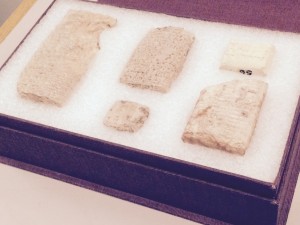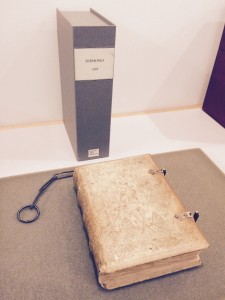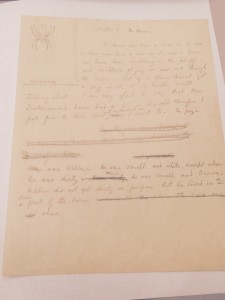Overall, Cornell dining is fantastic! We have great-tasting, high-quality food and there are always lots of options. Cornell has conducted successful initiatives to encourage healthy, sustainable eating and also works hard to accommodate students with dietary restrictions for medical and religious reasons.
Still, there are certain areas which I believe Cornell dining could improve:
- Lines. Okenshields (the only all-you-care-to-eat dining hall on Central Campus) is infamous for the long lines that form as soon as people finish their morning classes. And there are frequently long lines for specialty nights on West Campus such as Rose House’s Taco Tuesday. I believe that by putting a little thought into the problem and perhaps re-arranging the serving stations, these lines could be significantly reduced and students would be able to get their food with less hassle.
- Strict Policies on Taking Fruit. Despite the high meal prices (the required plan students who live on West Campus is $2,758 per semester) students are only allowed to take a single apple, banana, or orange out of the dining halls. Just last week I witnessed a student receive a JA (judicial action) for attempting to take extra fruit of the dinning hall. But honestly, aren’t there better things that the dining staff could be doing than meticulously checking whether students take an extra apple?
- Late Openings on Weekends. The West Campus dining halls don’t begin serving hot foods until 10 am or 10:30 am on the weekends which almost seems to encourage students to stay up late partying. For those of us who go to bed at a reasonable time and wake up early, it is inconvenient to have to wait several hours before we can get breakfast.
Thank you to Paul Muscente and Chef Daniel for teaching us about Cornell Dining. The scale of the operation (~19,000 meals per day) is extremely impressive and Cornell does a fantastic job. I know Cornell students are thankful for the food we have, especially considering that students at many other universities are not as lucky.





